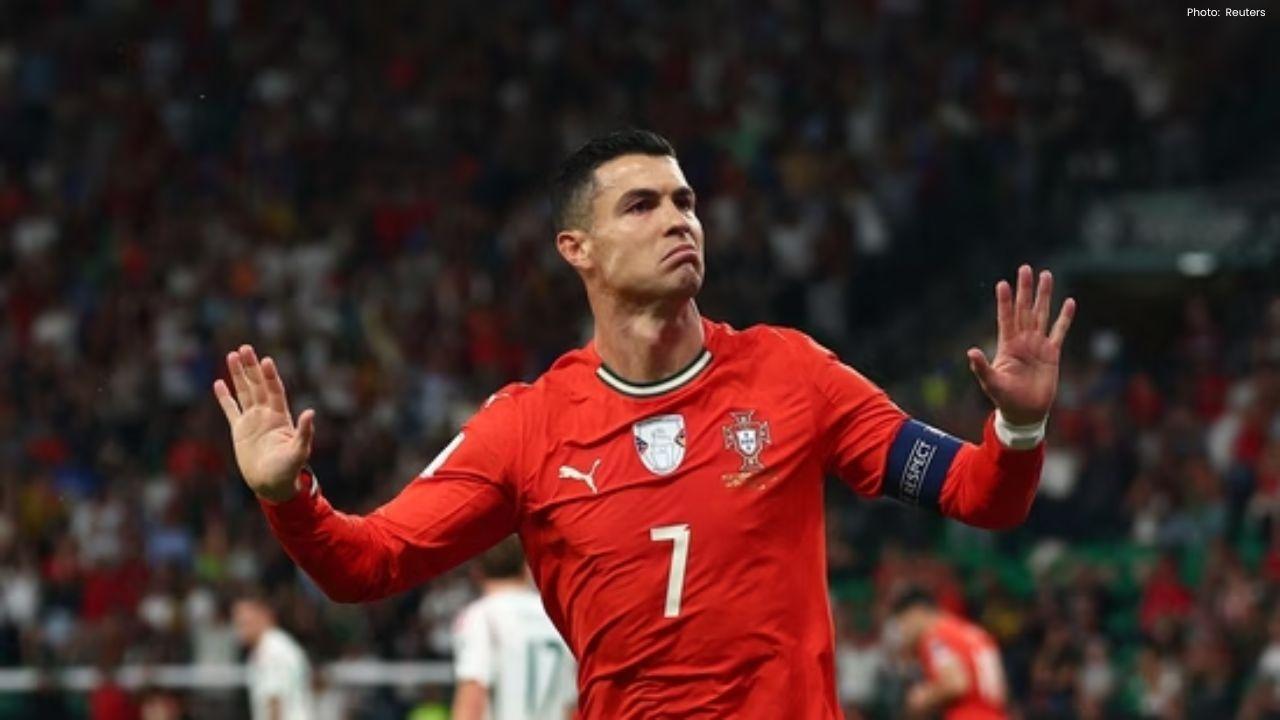
Post by : Vansh
In a time of global uncertainty, economic fluctuations, and unpredictable political shifts, investors are facing one of the most dynamic periods in financial history. From tech stock collapses to sudden currency swings, the markets are more volatile than ever. Yet, within this chaos lies opportunity. This is where having The Investor’s Edge becomes crucial. It’s not about predicting the future—it's about being prepared for it.
Understanding how to develop winning strategies in a volatile market world is essential for those who wish to not only protect their capital but also grow it. Whether you're a seasoned investor or just starting out, navigating market turbulence requires a solid game plan, discipline, and the right mindset.
Volatility refers to the frequency and magnitude of price movements in the financial markets. In simpler terms, it’s how drastically the value of assets—like stocks, bonds, or currencies—can change in a short period. While volatility often sparks fear, it can also signal opportunity. High volatility markets tend to favor those who are prepared, strategic, and informed.
Geopolitical tensions, inflation rates, interest rate changes, and technological disruptions are all factors contributing to today's volatile environment. Rather than reacting emotionally, investors must analyze trends, understand risks, and be flexible in their approach to gain the investor’s edge.
One of the most reliable and winning investment strategies is diversification. By spreading investments across multiple asset classes—stocks, bonds, real estate, commodities, and even cryptocurrencies—investors reduce the risk of heavy losses if one sector underperforms.
A diversified portfolio acts as a cushion during market downturns. For example, while tech stocks may decline due to regulatory changes, gold or bonds might appreciate, offsetting potential losses. In volatile times, asset allocation becomes more important than ever. Diversification doesn't eliminate risk, but it effectively manages it.
Markets move based on news, events, and investor sentiment. In a volatile market world, staying updated is not optional—it’s a competitive advantage. Investors need to follow economic indicators, central bank announcements, corporate earnings, and global trends to make informed decisions.
But being informed isn’t enough. Flexibility and adaptability are key. What worked yesterday may not work tomorrow. Investors must be willing to re-evaluate their strategies, re-balance portfolios, and sometimes even sit on cash while awaiting better opportunities. This mental agility forms a core part of the investor’s edge.
In periods of high market volatility, it’s tempting to make impulsive decisions. Panic selling or chasing trending stocks may provide short-term emotional relief but often leads to long-term losses. Successful investors understand the value of patience.
Legendary investors like Warren Buffett advocate for long-term investing, especially during uncertain times. Quality investments—solid companies with strong fundamentals—tend to recover and grow over time. By maintaining a long-term perspective and resisting emotional reactions, investors can ride out the storm and achieve meaningful growth.
Today’s investors have access to advanced tools and analytics that were once exclusive to institutions. Robo-advisors, algorithm-based trading platforms, and AI-driven insights provide real-time information that can give individuals the investor’s edge in decision-making.
These platforms allow investors to track performance, analyze trends, and identify market entry and exit points with greater accuracy. Using technology doesn’t replace judgment, but it enhances it—especially in fast-moving markets where timing and precision matter.
Every investor must have a risk management strategy, especially in volatile environments. This means setting clear stop-loss orders, limiting exposure to high-risk assets, and knowing when to exit a position. Protecting capital is as important as growing it.
Position sizing, hedging, and using options are tools that investors can use to control risk. Never risk more than you can afford to lose, and always ensure that each investment aligns with your overall goals and risk tolerance. This discipline is what separates average investors from those who consistently perform well.
Perhaps the most underrated element of winning investment strategies is emotional discipline. Volatile markets test investor emotions—fear, greed, hope, and panic. Making decisions based on emotion rather than logic often leads to poor outcomes.
Maintaining composure, sticking to your strategy, and avoiding knee-jerk reactions are crucial. It’s easy to get swayed by headlines or market noise, but smart investors stay focused on their long-term vision. Mindset, more than knowledge, often defines success in investing.
History often repeats itself—or at least rhymes. By studying past market cycles, investors can gain valuable insights into how markets behave under similar conditions. Crashes, recoveries, bubbles, and corrections all leave behind clues.
Understanding the 2008 financial crisis, the dot-com bubble, or even the COVID-19 market dip helps investors recognize patterns and prepare for what might come next. Past crises have also shown that markets eventually recover, reinforcing the importance of staying invested and resilient.
The information provided in this article is intended for general informational purposes only and should not be considered as financial or investment advice. Readers are encouraged to conduct their own research or consult a qualified financial advisor before making any investment decisions. This article has been published in the public interest by MiddleEastBulletin.










Pageau's Overtime Goal Propels Islanders to 4-3 Victory Over Golden Knights
In a thrilling overtime finish, Jean-Gabriel Pageau leads the Islanders past the Golden Knights 4-3,

MLB Awards: deGrom and Acuna Jr. Shine as Comeback Players
Jacob deGrom and Ronald Acuna Jr. celebrated MLB Comeback Player Awards, alongside Ohtani and Judge

Portugal Confronts Ireland in Pivotal World Cup Qualifier
Portugal, led by Cristiano Ronaldo, faces Ireland in a vital Group F World Cup qualifier that could

Haaland's Brilliance Leads Norway to 4-1 Victory Against Estonia
Erling Haaland showcases leadership as Norway crushes Estonia 4-1, boosting their World Cup ambition

Hawks Triumph Over Jazz; Suns and Raptors Secure Victories
Hawks' Onyeka Okongwu and Jalen Johnson lead in a thrilling win against Jazz; Suns and Raptors also

Indian Men's Recurve Team Clinches First Asian Gold in Nearly Two Decades
The Indian men's recurve team triumphed over South Korea, securing their first Asian gold in 18 year